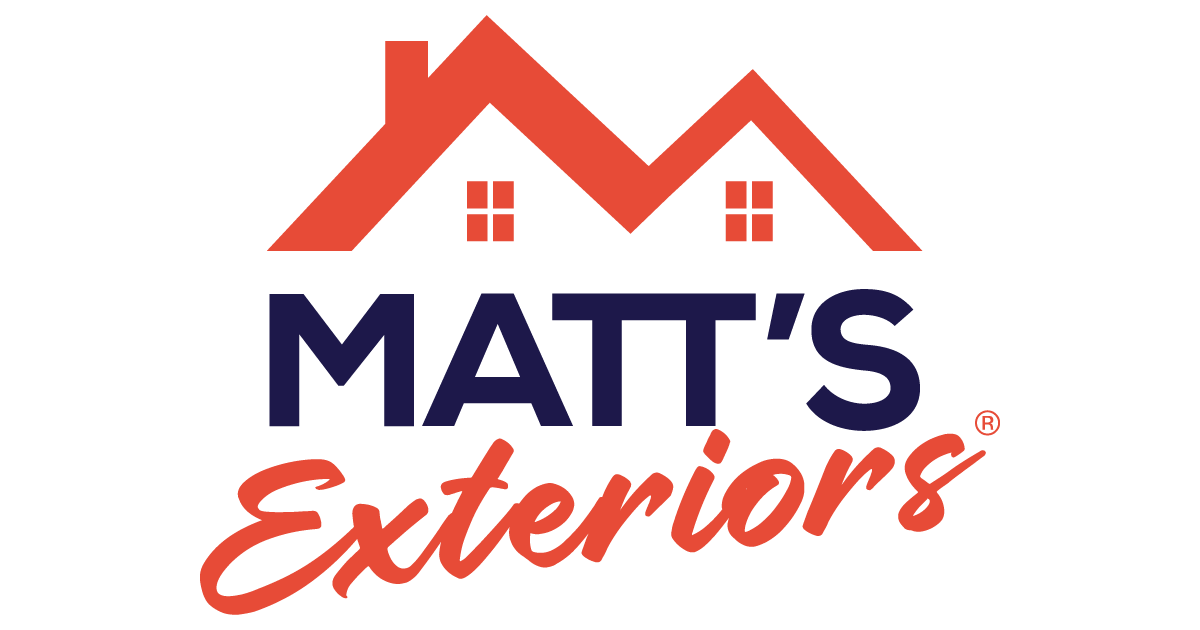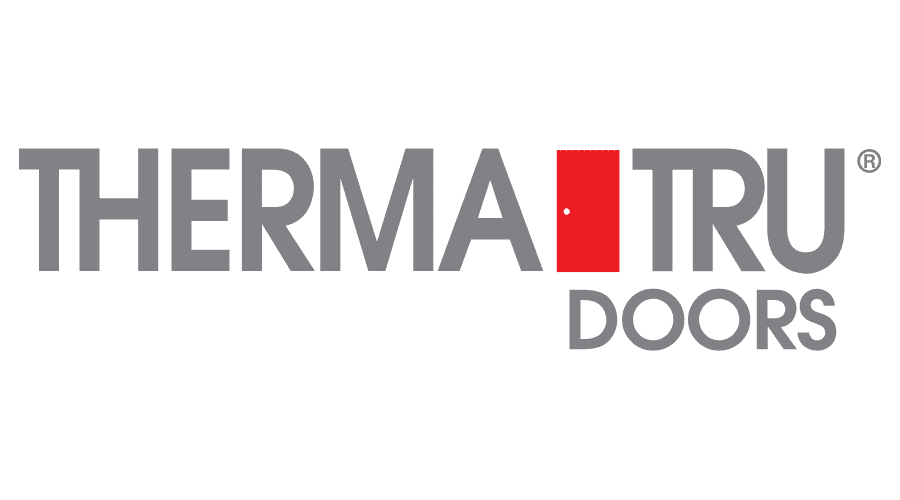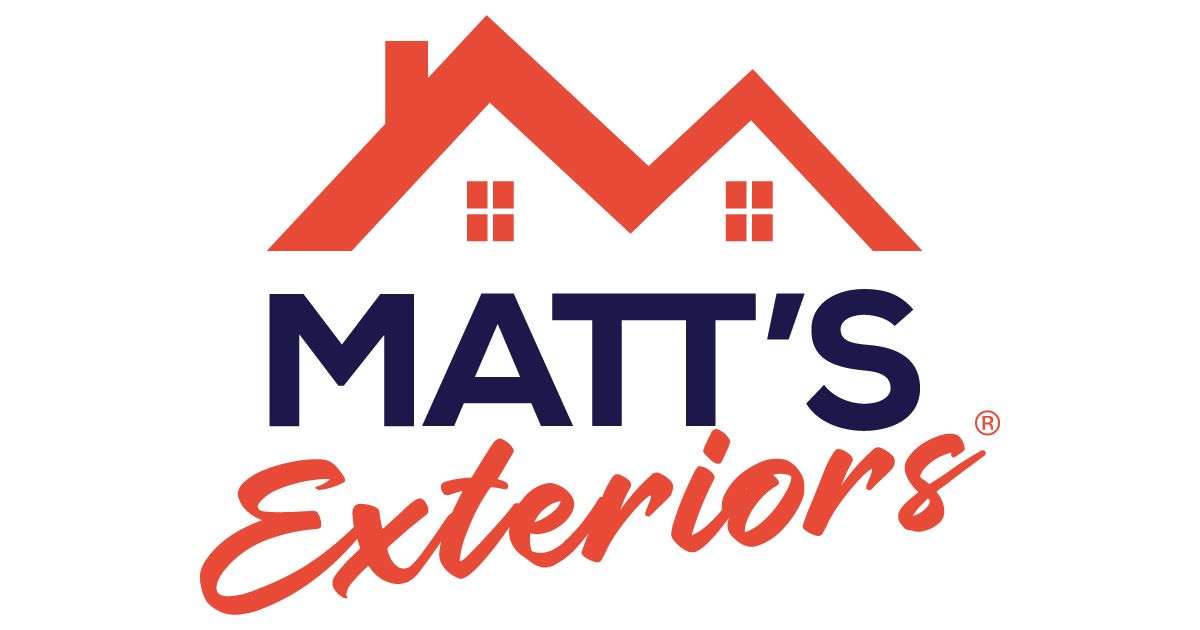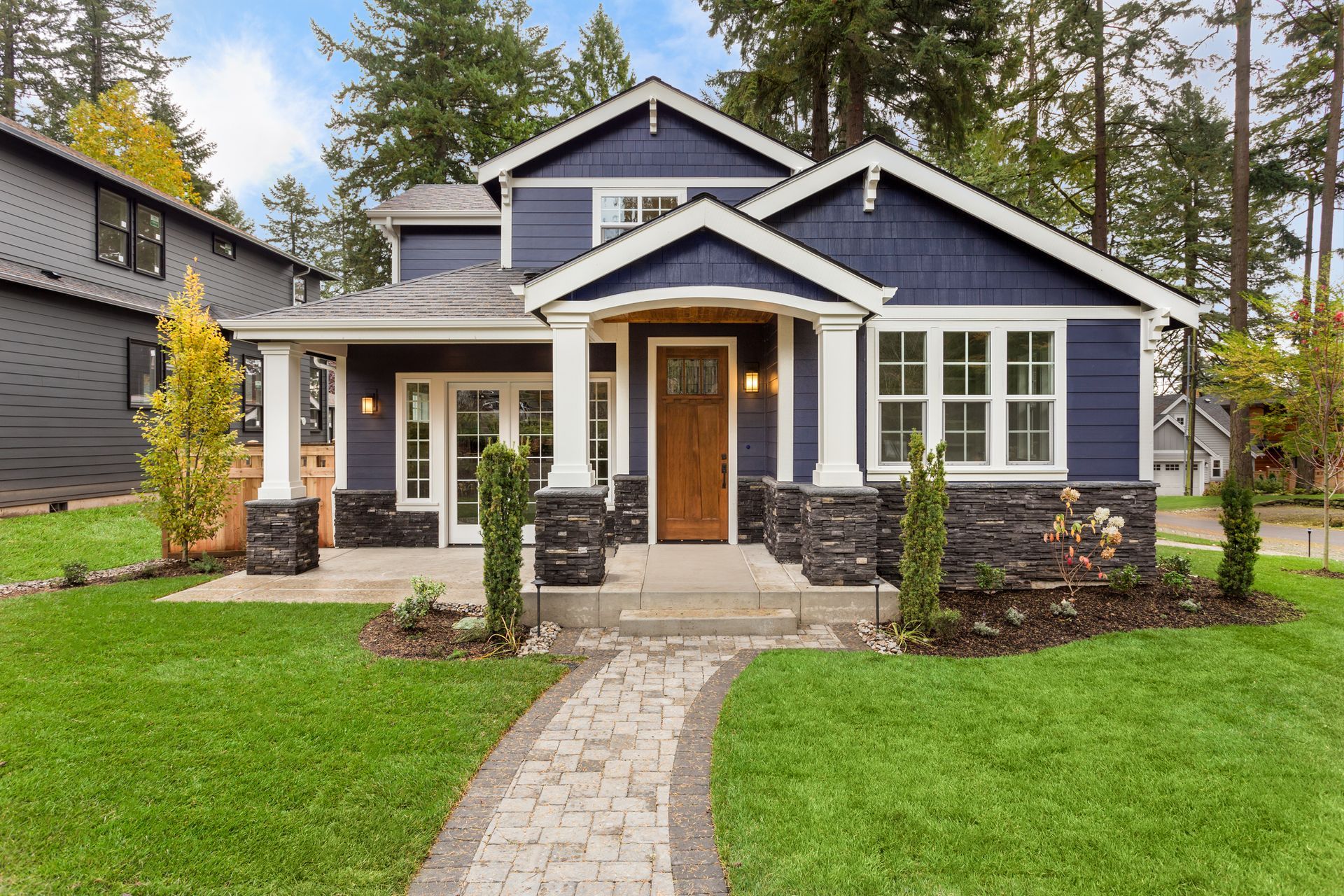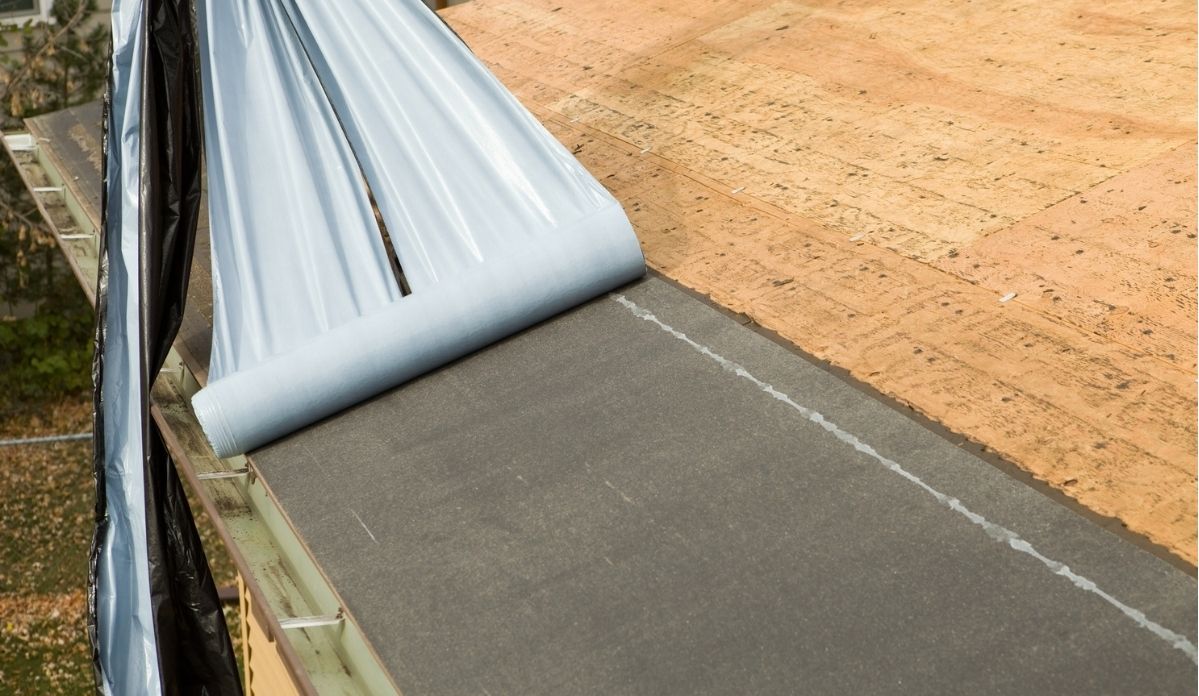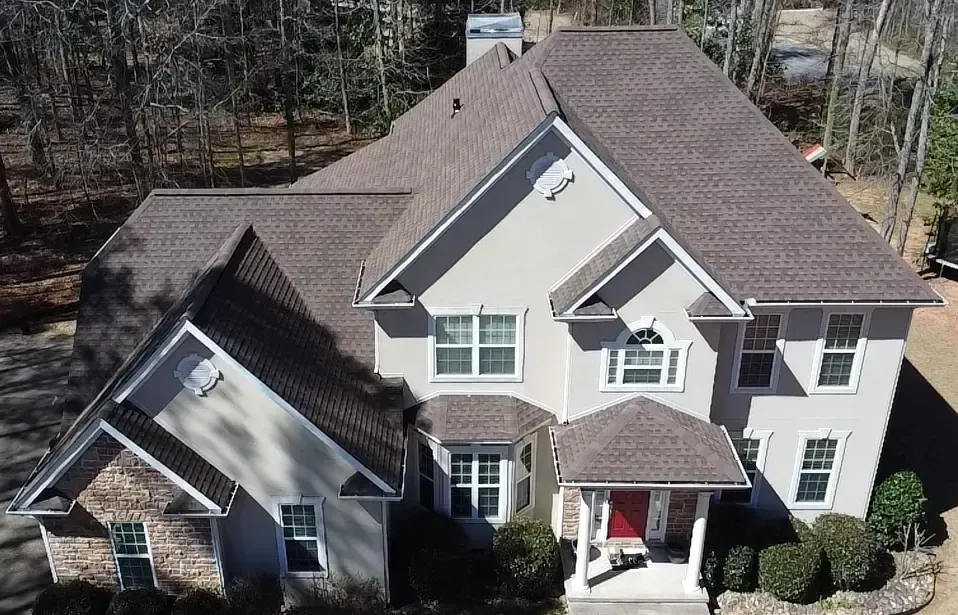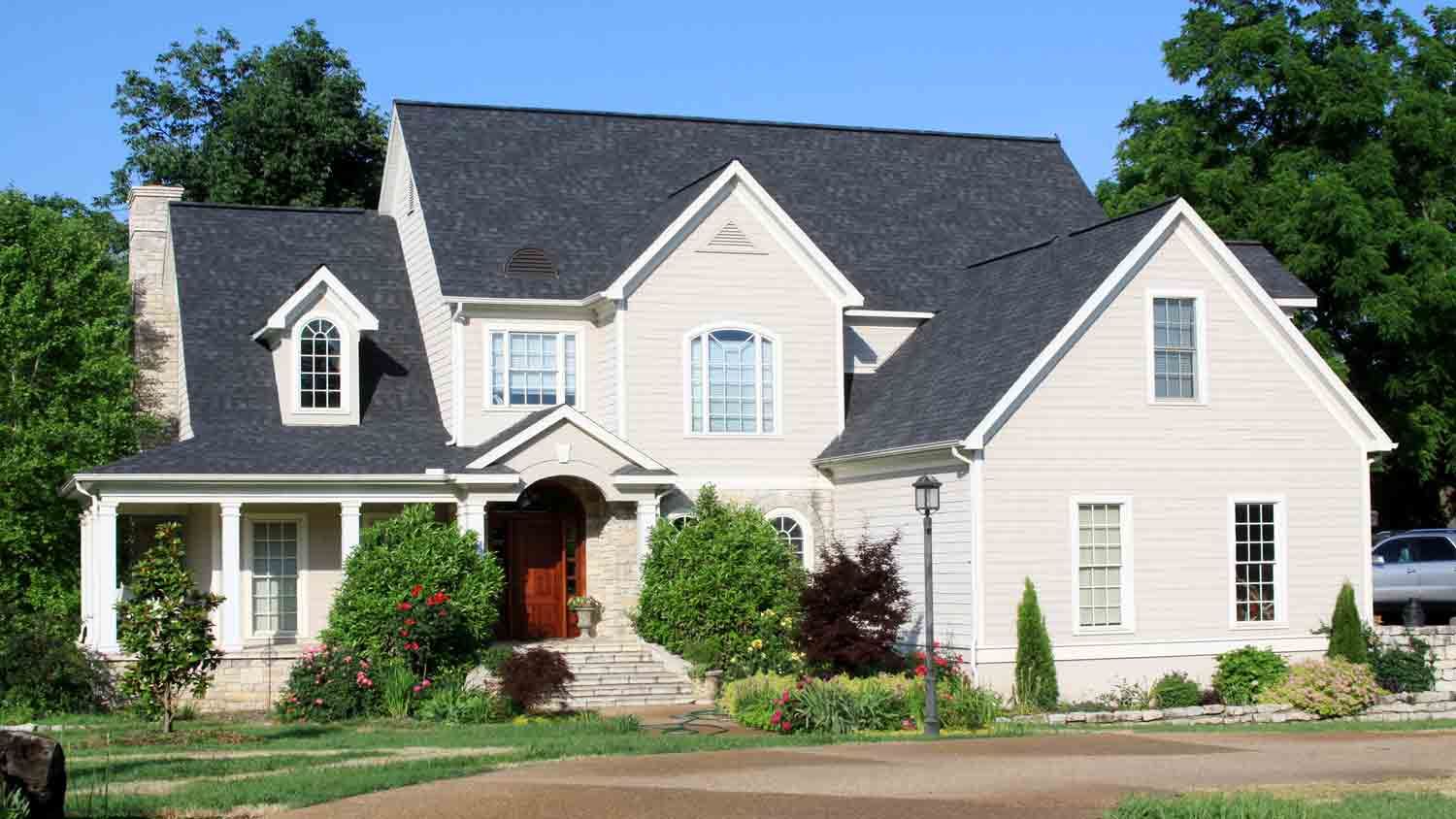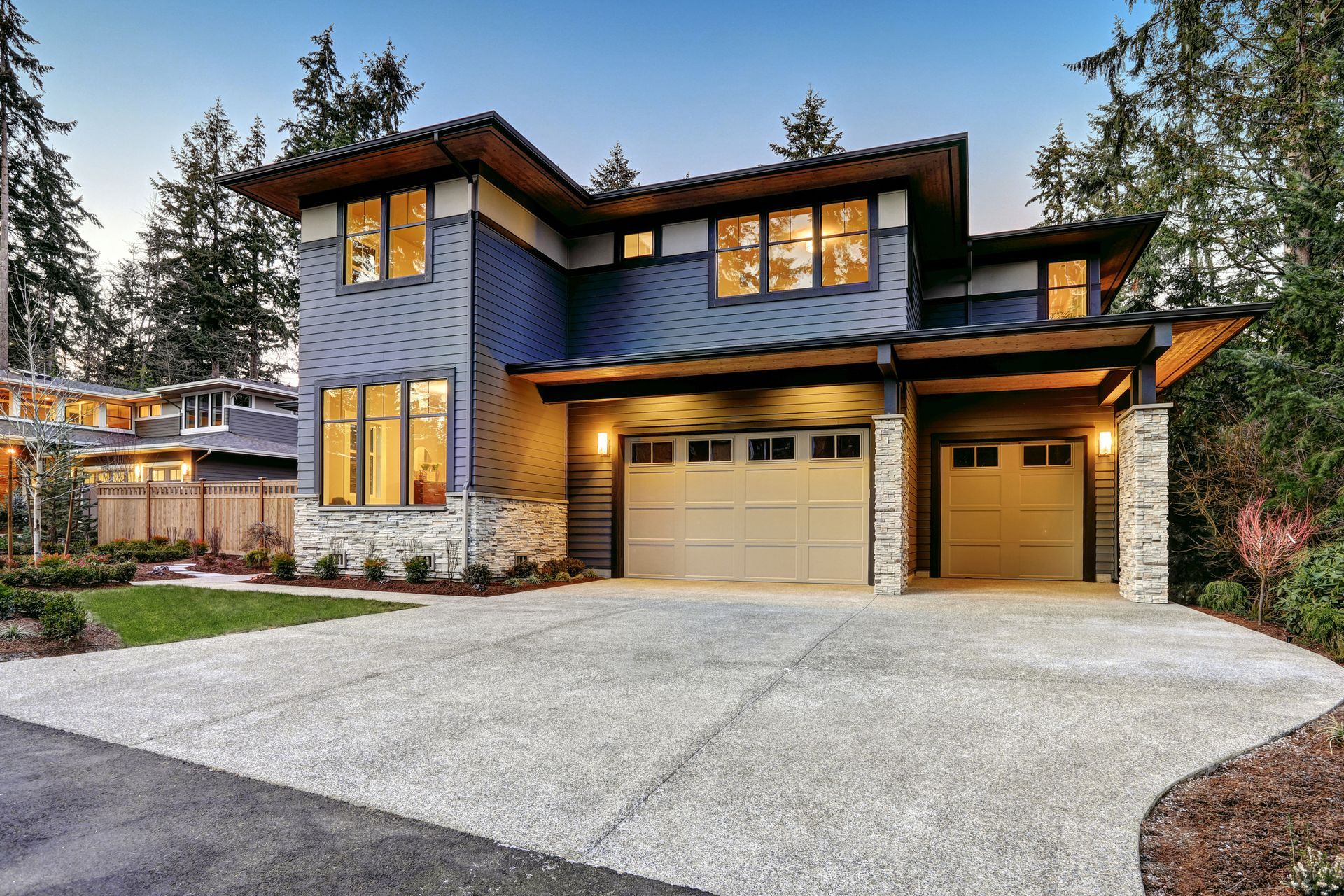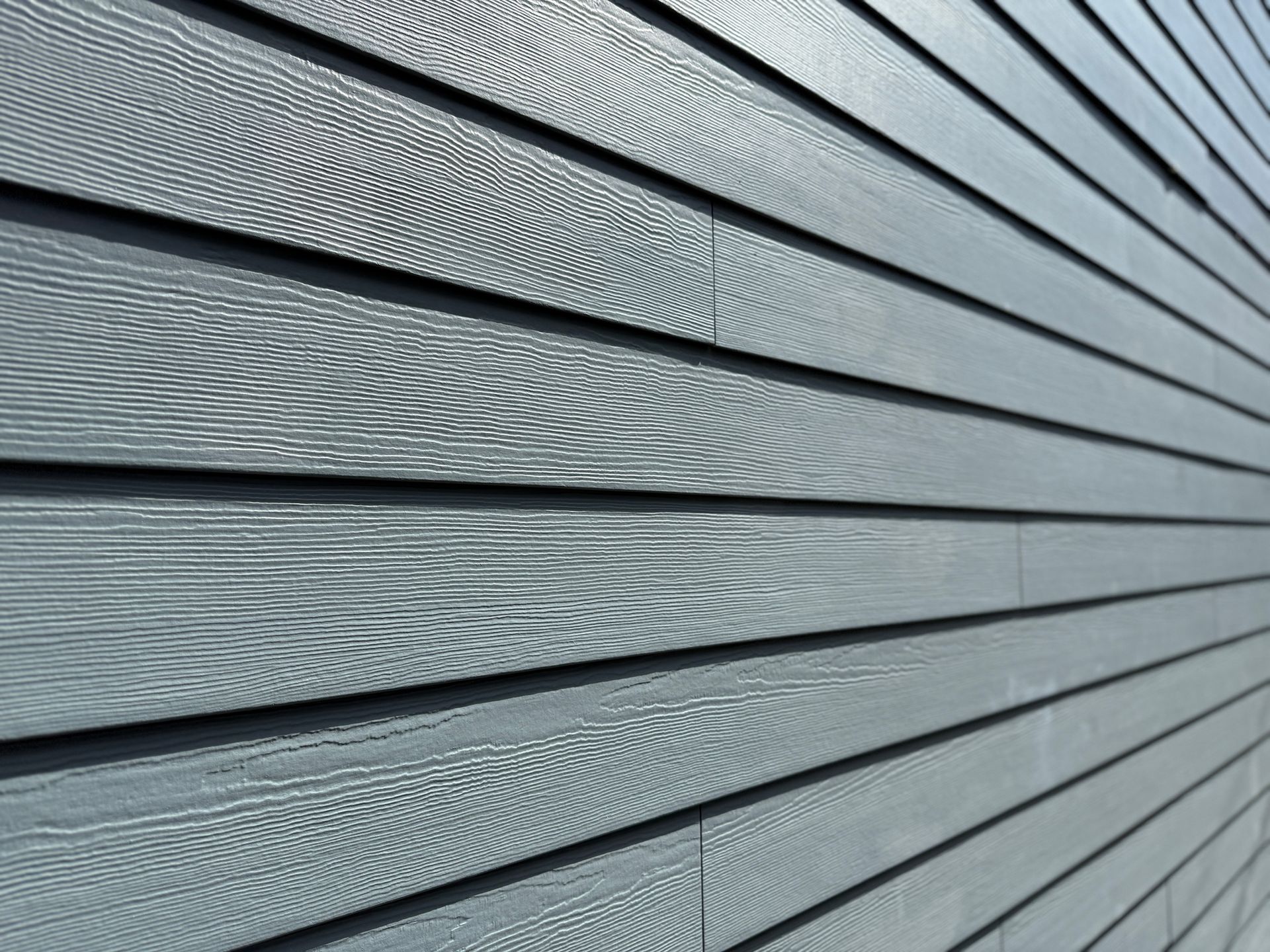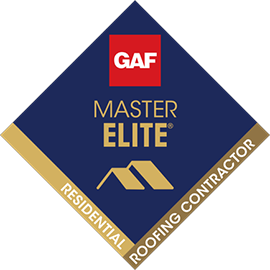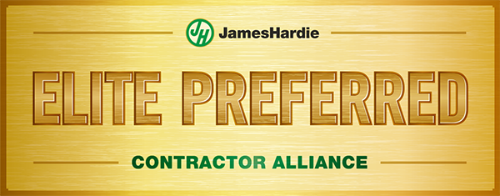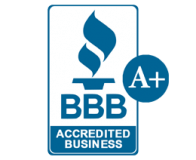The Complete Guide to Exterior & Entry Door Replacement
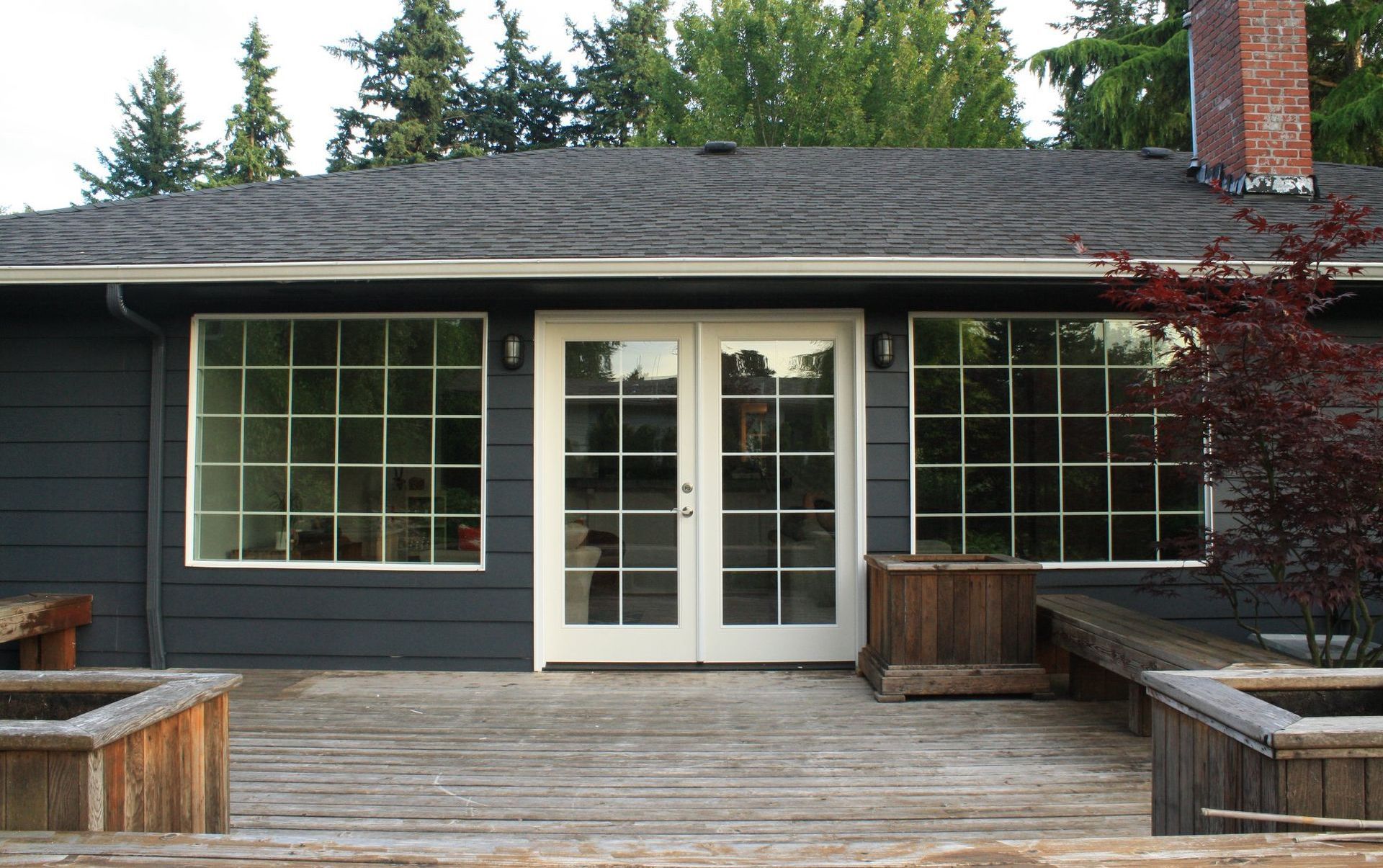
Replacing your home’s entry door is one of the fastest ways to improve curb appeal, energy efficiency, and security — all in one project. Whether you're upgrading a weathered front door or building your dream home in Georgia, this guide will walk you through everything you need to know about choosing and replacing your exterior door.
Why Replace Your Entry Door?
Your front door isn’t just about aesthetics — it plays a critical role in:
- First impressions: It sets the tone for your home.
- Security: A quality door protects against intruders and storm damage.
- Efficiency: Modern doors offer superior insulation and weatherproofing.
- Home value: Entry door replacements have one of the highest ROI (Return On Investment) of any remodeling project (up to 75–90%).
Popular Entry Door Materials
Fiberglass Doors
The most versatile and popular choice for modern homeowners
Features & Benefits:
- Durability: Fiberglass won’t rot, warp, or rust. It handles humidity and temperature swings better than any other material.
- Low Maintenance: It requires very little upkeep—no sanding, sealing, or regular painting needed.
- Style Variety: Molded woodgrain textures mimic real oak, mahogany, or fir. Fiberglass doors are also available in smooth modern finishes as well.
- Paint & Stain Options: Can be painted or stained to match virtually any color scheme or trim.
- Energy Efficiency: Most fiberglass doors feature a polyurethane foam core for excellent insulation and energy savings.
Considerations:
- Not quite as crisp or authentic as real wood (though many homeowners can't tell the difference)
- Slightly more expensive than steel, but generally more cost-effective in the long-term

Steel Doors
The best value for strength, security, and budget-conscious installs
Features & Benefits:
- Maximum Security: Steel is the strongest material available. It resists impact and intrusion better than fiberglass or wood.
- Budget-Friendly: Often the most affordable entry door option, ideal for rental properties or cost-conscious upgrades.
- Fire Resistance: Steel doors are naturally fire-resistant and meet many code requirements.
- Great for Harsh Conditions: Stands up well in storm-prone areas when combined with proper weather sealing.
Considerations:
- Susceptible to dents and scratches, especially in high-traffic areas
- May rust if the paint coating chips and isn’t maintained
- Slightly less energy-efficient when compared to fiberglass

Wooden Doors
The classic choice for timeless curb appeal and unmatched beauty
Features & Benefits:
- Warmth & Elegance: Wood offers a rich, authentic look that’s unmatched by other materials. It’s the go-to for historical homes or luxury builds.
- Custom Designs: You can choose any species (oak, mahogany, alder, walnut), panel layout, glass inserts, and trim design. Nearly limitless options.
- Reparability: Scratches, chips, or surface damage can be sanded, repaired, and refinished rather than replaced.
- Natural Insulation: Solid wood provides decent insulation naturally, though it may not outperform fiberglass in extreme climates.
Considerations:
- Requires ongoing maintenance—must be resealed or painted periodically to protect against moisture, UV, and warping.
- Expensive compared to fiberglass and steel, especially for custom designs
- Vulnerable to expansion and contraction with seasonal humidity unless properly treated

Popular Exterior Door Styles
Single Door
Best for: Traditional front doors, small to mid-size entryways
A single entry door is the most common configuration in American homes. It consists of one operable door panel mounted on hinges (left-hand or right-hand swing). Single doors are:
- Space-efficient and budget-friendly
- Available in countless materials: fiberglass, wood, steel
- Often customizable with glass inserts, paneling, or decorative grilles
- Frequently paired with sidelites or a transom to add width or height visually

French Door
Best for: Wide front entries, dramatic entrances, or classic architecture
French doors are two side-by-side doors that swing open from the center. They can be installed to open inward or outward and are especially popular for:
- Creating an elegant, symmetrical look
- Bringing in natural light when glazed with full-view or divided-light glass
- Enhancing the sense of openness in a foyer or formal entry
French doors can be built entirely of glass (modern style) or framed with solid panels and glass inserts (traditional style).

Sliding Door
Best for: Rear entries, patios, decks, and modern renovations
Unlike hinged doors, sliding glass doors (also called patio doors) glide along a track. They feature:
- A fixed panel and a sliding panel (or two sliding panels)
- Space-saving function — no need for swing clearance
- Wide, unobstructed views and excellent indoor to outdoor connectivity
- Optional multi-point locking systems for added security
Sliders are often framed in vinyl, fiberglass, or aluminum, and many models feature blinds-between-glass for low-maintenance privacy.

Common Decorative Features
Sidelites
What they are:
Sidelites are narrow, vertical windows that sit on one or both sides of a door. They are available in many different styles.
What they do:
- Bring in natural light
- Offer a full view of visitors without opening the door
Options include:
- Full-view glass for maximum brightness
- Privacy glass to allow light without visibility
- Matching grids or decorative glass that mirror the door panel
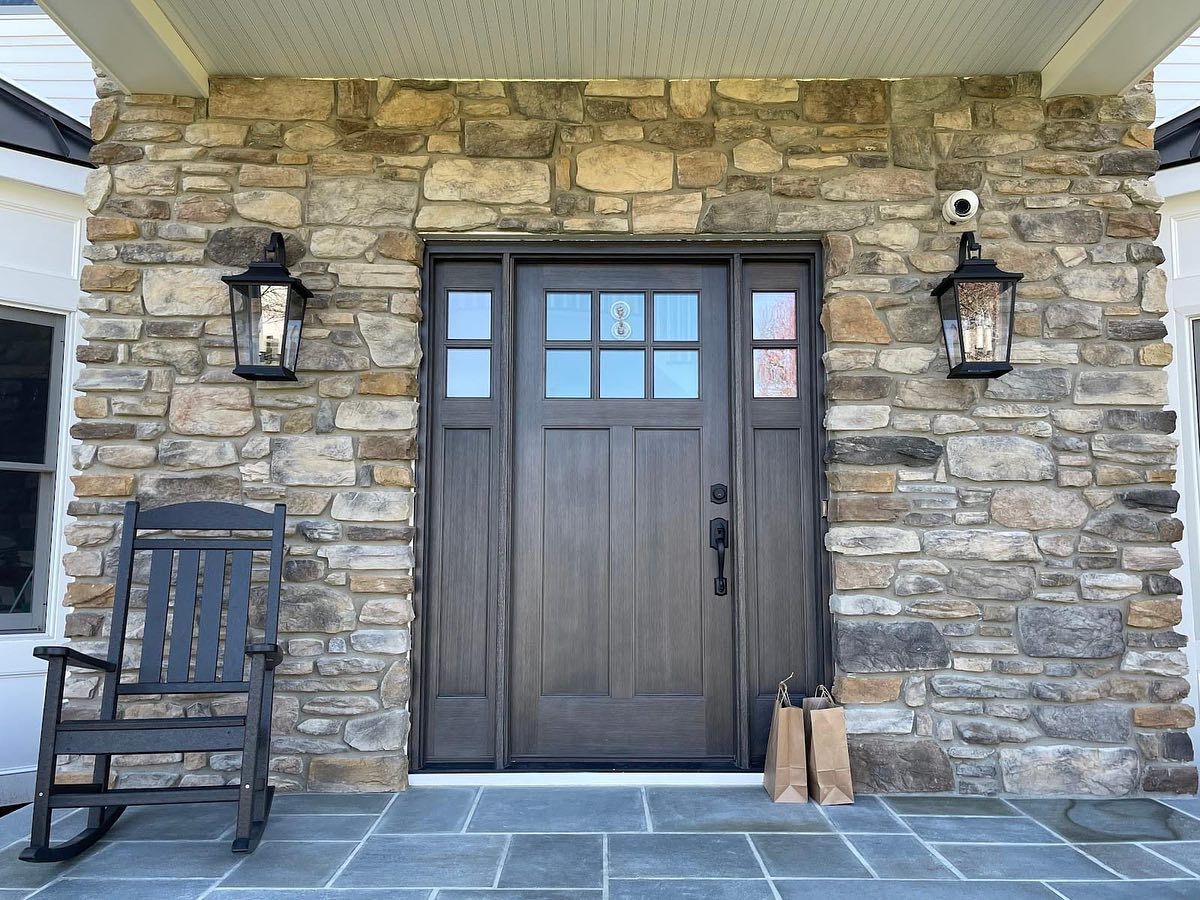
Transoms
What they are:
Transoms are horizontal windows located directly above the door.
What they do:
- Visually elevate the entry and make it feel more spacious
- Let in more daylight without sacrificing wall space
- Add architectural interest — from arched tops to rectangles
Styles include:
- Fixed (non-operable) transoms
- Rectangle, half round, and eyebrow shapes
- Coordinated grids or etched patterns to match the door design
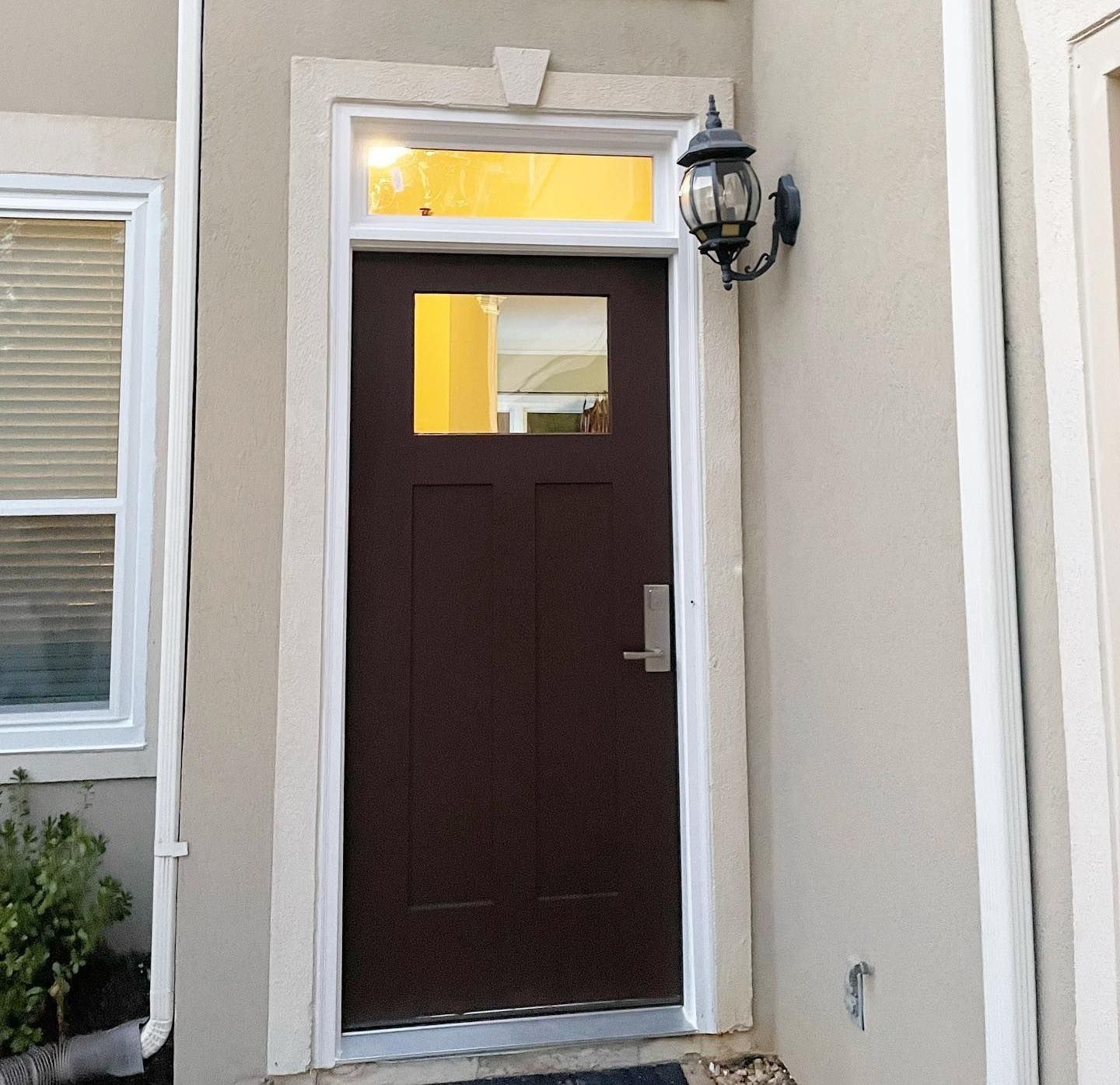
Popular Door Brands
Conclusion
Most people don’t think about their front door — until it looks rough, lets in a draft, or just stops working like it should.
If you’re at that point, replacing it is a simple upgrade that goes a long way. A new door will bring you better curb appeal, better function, a high ROI, and better energy efficiency..
Whether you want something clean and modern, classic and wood-stained, or just something that closes right every time — Matt's Exteriors can help you find it, price it, and install it the right way.
FAQ (Frequently Asked Questions)
Will a new door help with energy bills?
Yes, especially if your current door is older or drafty. Most modern fiberglass and steel doors have insulated cores, weatherstripping, and tighter seals that keep your HVAC from working overtime.
How long does door installation take?
Most standard door replacements take a few hours. If you’re adding custom features like sidelites, transoms, or enlarging the opening, it might take a day or more — but we’ll give you a clear timeline up front.
What’s better — a single or double door setup?
It depends on your space. Single doors work for most homes. If you’ve got a wide entryway or want a more dramatic look, double doors (French doors) give you symmetry and more natural light. You can also add sidelites if you want extra glass without committing to two full doors.
What’s the most durable door material?
Fiberglass is usually the best all-around option. It resists dents, warping, and rot, and it holds up in Georgia’s weather. Steel is the most secure, while wood looks great but needs more upkeep.
